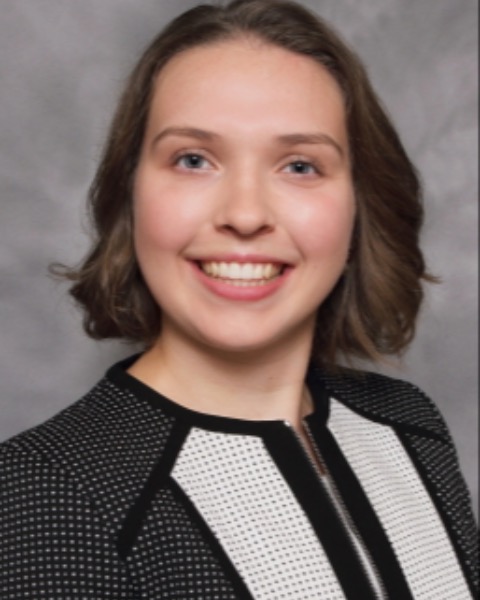Current Practices Regarding Palliative Care Consultation for Traumatic Brain Injury in the PICU
-

-
MS
Matthew Scanlon, MD, CPPS
Medical College of Wisconsin
Brookfield, WisconsinDisclosure information not submitted.
-
WD
W. Hobart Davies, PhD
Professor, Chair of Psychology
University of Wisconsin - Milwaukee
Milwaukee, Wisconsin, United StatesDisclosure information not submitted.
-

Charles Rothschild, MD (he/him/his)
Childrens Hospital of Wisconsin
MilwaukeeDisclosure information not submitted.
First Author(s)
Co-Author(s)
Title: Current Practices Regarding Palliative Care Consultation for Traumatic Brain Injury in the PICU
INTRODUCTION/HYPOTHESIS: Traumatic brain injuries (TBI) are a prevalent source of morbidity and mortality in pediatric patients and are often mentally and physically taxing for patients and their families. Palliative care (PC) team involvement can support families in navigating the healthcare system, and in making difficult decisions. Further, their involvement is recommended by many professional societies. Yet there is little published data describing the patterns of PC consultation in pediatric patients with TBI. The purpose of this study is two-fold: (1) Identify rates of PC consultation in TBI patients in the pediatric intensive care unit (PICU); (2) Assess factors associated with differing rates of PC consultation.
Methods: The Children’s Trauma Registry was utilized to identify patients from 2014-2019 whose primary presenting injury was TBI, and who had at least a 48 hour admission to the PICU. For patients who met criteria, data regarding demographics, injury type and severity, and length of stay were collected. Patient records were then manually searched for the presence or absence of PC consultation documentation. The length of time in days between admission and consultation, and consultation and discharge were calculated. Descriptive statistics for PC consultation were examined and t-tests were used to examine characteristics associated with PC consultation.
Results: A total of 156 patients met criteria and were analyzed within this study. Of these, 10.3% (n=16) received PC consultations and 29.5% (n=46) died. PC was consulted, on average, 10.9 days after admission and 35.9 days prior to discharge. PC consultation was associated with lower (worse) GCS score (p < 0.001) and when the injury type was anoxic or penetrating (p=0.009; as compared with blunt force).
Conclusions: Despite the complexity and illness severity of pediatric TBI in the PICU, and professional society recommendations, PC services were vastly underutilized in this single-center, retrospective study. More severe brain injury (lower peak GCS) and non-blunt-force injuries were associated with higher PC consultation rates, which may speak to providers perceptions of prognosis. Further research should assess whether this is true at other centers, and should assess ways to improve timely access to PC services for this patient population.
